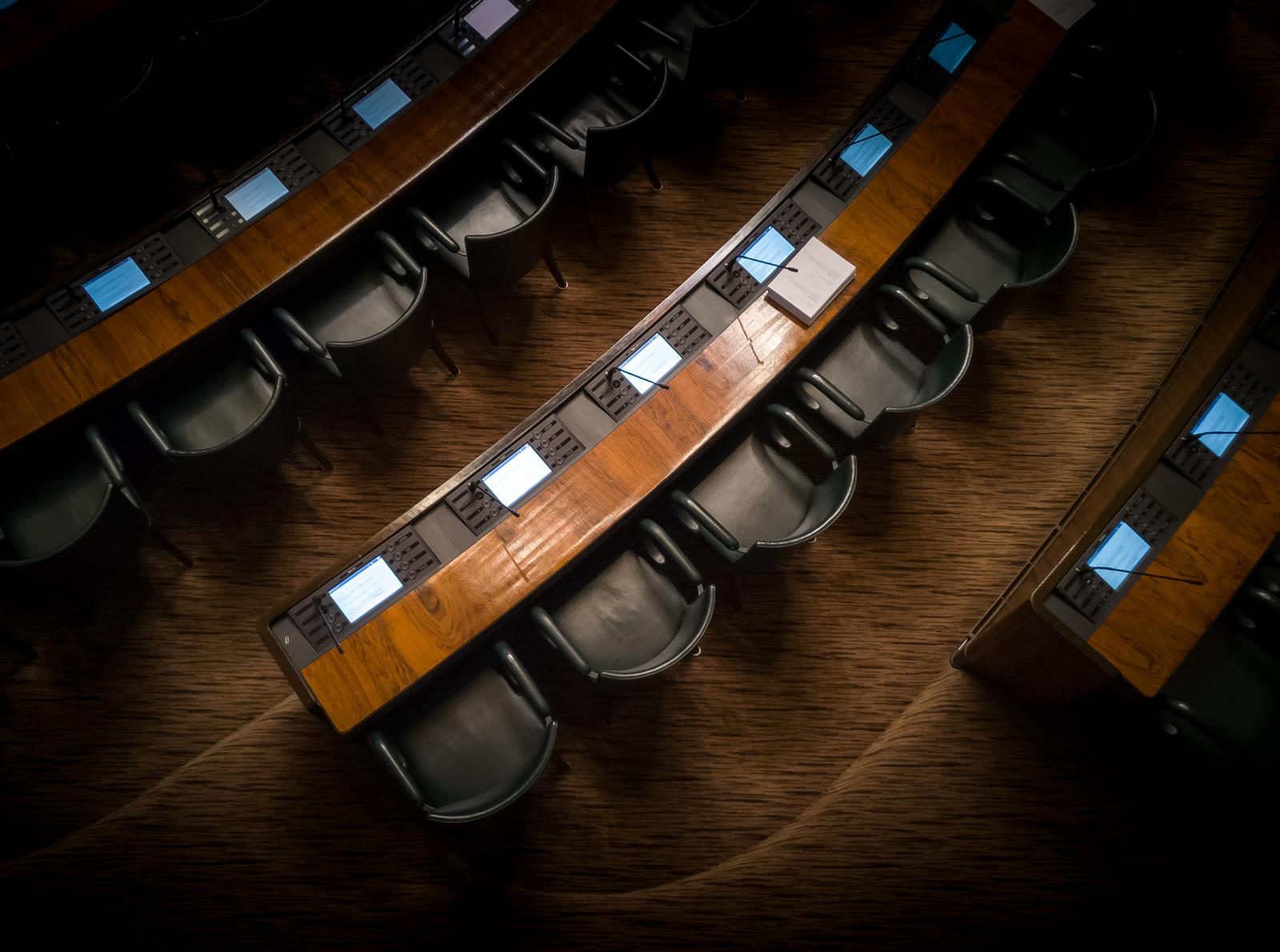Although the word “manipulative tactics” may have many meanings in the classroom environment, when applied ethically and strategically it denotes the deliberate use of instructional resources and teaching strategies that direct student behavior, thinking, and involvement in constructive ways. These strategies are about molding the learning environment to promote inquiry, critical thinking, and self-regulation rather than about dishonesty or negative feeling of control. To assist students make sense of complex ideas or remain focused, teachers often utilize hands-on materials, controlled questioning, and behavior-shaping routines. When used properly, these strategies become effective weapons for raising student enthusiasm and supporting active involvement. This paper investigates how cognitive engagement methods and notably interactive learning tools might improve classroom dynamics and result in more student-centered education by means of manipulative approaches.
The Role of Physical Manipulatives in Learning
Using physical learning tools is among the most basic sorts of manipulative strategies. Physical manipulatives like base-ten blocks, fraction circles, or magnetic letters provide pupils real means to see abstract concepts in disciplines like science and arithmetic. These instruments connect the conceptual gap with actual application. Seeing and touching representations of numbers, words, or systems assists younger students particularly to strengthen mental models supporting long-term memory and problem-solving abilities.
Still, manipulatives have usefulness for older pupils as well as for early learners. Geometric models, anatomical representations, or interactive simulations may still be quite effective visual anchors in middle and high school environments. For students who find conventional lecture-based approaches difficult, these tools provide alternate paths and help to simplify difficult ideas. These tactile techniques’ efficacy depend on careful integration—that is, the instructor directs interaction and conversation to link physical exercise with cognitive processes. By means of deliberate design, manipulatives transcend mere classroom decorations to become tools of guided inquiry.
Cognitive Engagement Through Strategic Influence
Beyond the obvious, manipulative strategies may also relate to how instructors shape student perspective via classroom activities, narrative framing, or systematic questions. These techniques softly guide pupils toward activities without clear instruction. For instance, letting students to “discover” a concept via guided inquiry or providing a challenge in a narrative form might help to increase student ownership of learning. These techniques gently guide students toward intended results while encouraging independence and introspection.
Such impact is deliberately informative, not misleading. The aim is to channel ideas rather than to dominate them. Teachers fight misunderstandings by stressing important ideas via cognitive scaffolding, scenario-based learning, and even peer dynamics. Teachers build situations that inspire students to arrive at conclusions naturally, even in cases where the learning route is precisely planned by carefully designing the circumstances in which thinking takes place. Though it calls for sensitivity and expertise, this approach usually results in more meaningful classroom participation and a better knowledge.
Behavioral Reinforcement as a Form of Classroom Shaping
Subtle kinds of behavioral impact help classroom management as well. Though not usually categorized as manipulative strategies, positive reinforcement, redirection, and incentive systems all fit within a more general educational context. To inspire involvement, concentration, and polite conduct, teachers can use praise, token economies, or privilege-based systems. These strategies assist students absorb the value of desired actions over time by aligning with clear expectations and natural motivators, therefore enabling them to overcome obstacles.
Behavior plans’ success depends on consistency and openness. When students see the connection between behavior and results, they react most naturally. These strategies seek to create routines supporting accountability and mutual respect rather than controlling for compliance. More than just maintains order, a well-organized behavior system promotes emotional control, goal planning, and social awareness. Applied carefully, these strategies help to create a classroom environment that encourages learning and teamwork without so compromising student autonomy.
Ethical Use of Influence in Education
Use of manipulative strategies in the classroom calls for ethical clarity. If one does not give careful thought to intentions, the line separating influence from control might blur. Never should educational manipulation seek to fool or reduce a student’s autonomy. Rather, it should help students toward confidence, clarity, and inquiry. Leading questions, selected praise, or scenario-based learning should be clear, goal-oriented, always in line with the best interest and development of the student.
Teachers have great power, however they also have an obligation to make sure that manipulative techniques are constantly used to promote development. This entails being thoughtful about one’s teaching approach, avoiding coercive pressure, and being tuned to student reactions. Teachers make sure their approaches stay helpful by keeping open lines of contact and trust. Correct use of manipulative strategies is not about dictating minds but rather about empowering them by means of tools, indications, and direction that enable pupils to realize their best potential.
Conclusion
Using manipulative techniques in the classroom calls both strategy and morality. These strategies become indispensable tools in steering students toward significant learning opportunities when applied deliberately and respectfully. From hands-on materials that bring abstract ideas to life, to behavior systems that encourage responsibility, to cognitive scaffolding that guides children to discoveries on their own terms, each method is a subtle kind of influence meant to assist growth. These strategies have great power in encouraging independence, resilience, and involvement rather than in manipulation for control. They let instructors meet students where they are, offering disciplined yet adaptable roadways toward development and knowledge. In the always changing field of education, where classrooms abound with various demands and learning approaches, the careful use of manipulative strategies may distinguish between passive teaching and dynamic, student-centered learning. Under the direction of ethical instruction and a dedication to student achievement, influence becomes a tool for empowerment rather than control.
